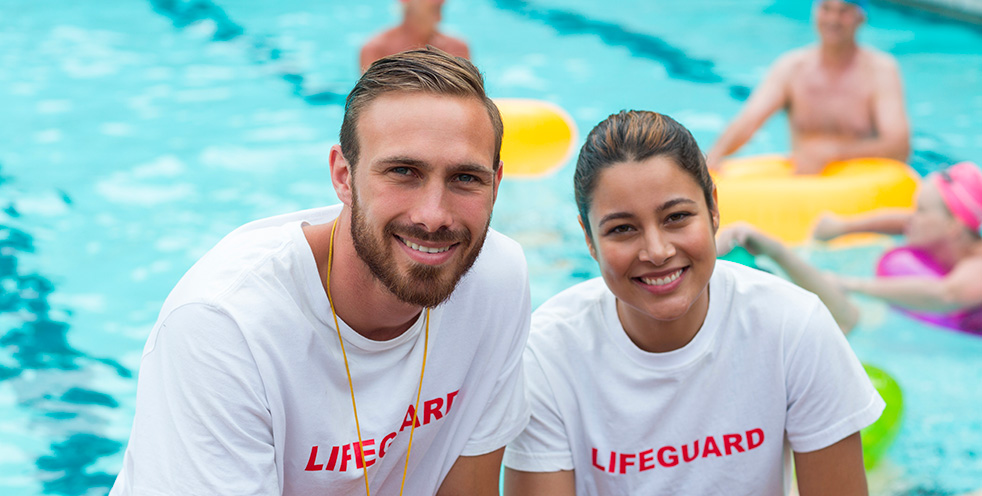Becoming a certified lifeguard is not just about learning to swim or being comfortable in the water; it’s about acquiring the skills and knowledge to effectively ensure the safety of swimmers. Choosing the right lifeguard course is crucial in this process, as it determines the quality of training you’ll receive and ultimately, your ability to perform your duties efficiently.
In this guide, we’ll explore the key factors to consider when selecting the right lifeguard course.
Understanding the Importance of Lifeguard Certification
Lifeguard certification goes beyond just a piece of paper; it’s a testament to your ability to respond to emergencies effectively. Accredited courses provide comprehensive training in water rescue techniques, first aid, and CPR, equipping you with the skills needed to save lives and prevent accidents in aquatic environments.
Researching Accredited Courses
Before enrolling in any lifeguard course, it’s essential to ensure that it’s accredited by recognized organizations such as the American Lifeguard Association (ALA) or the American Lifeguard. Accreditation guarantees that the course meets industry standards and is taught by qualified instructors.
Considering Course Formats
Lifeguard courses are offered in various formats to accommodate different learning preferences and schedules. Traditional, in-person courses provide hands-on training and direct interaction with instructors, while blended learning options combine online modules with in-person skills assessments.
Evaluating Instructor Quality
The quality of instruction significantly impacts the effectiveness of a lifeguard course. Look for courses taught by experienced instructors with relevant certifications and a proven track record of teaching success. Additionally, consider the instructor-to-student ratio to ensure personalized attention and guidance.
Reviewing Course Duration and Schedule
The duration and schedule of a lifeguard course can vary significantly depending on the provider and format. Consider your availability and time commitments when choosing between intensive, short-term courses or more extended, part-time options.
Assessing Cost and Value
While cost is a crucial factor, it’s essential to consider the value provided by the course. Compare course fees, but also look into additional benefits such as job placement assistance, ongoing support, and access to resources and materials.
Exploring Specialized Training
Depending on your career goals and the specific environment in which you’ll be working, you may need specialized lifeguard training. Waterfront lifeguarding, pool lifeguarding, and additional certifications in first aid and CPR are examples of specialized training options to consider.
Seeking Recommendations and Reviews
Before making a decision, seek out recommendations from current or former lifeguards and review online testimonials and ratings. Personal experiences and insights can provide valuable information about the quality and effectiveness of different courses.
Understanding Recertification Requirements
Lifeguard certification is typically valid for a set period, after which recertification is required to maintain eligibility. Familiarize yourself with the recertification process and any ongoing training requirements to ensure continuous compliance with industry standards.
Conclusion
Choosing the right lifeguard course is a crucial step towards a rewarding career in aquatic safety. By considering factors such as accreditation, instructor quality, course format, and specialized training options, you can ensure that you receive the necessary skills and knowledge to excel in your role as a lifeguard.


